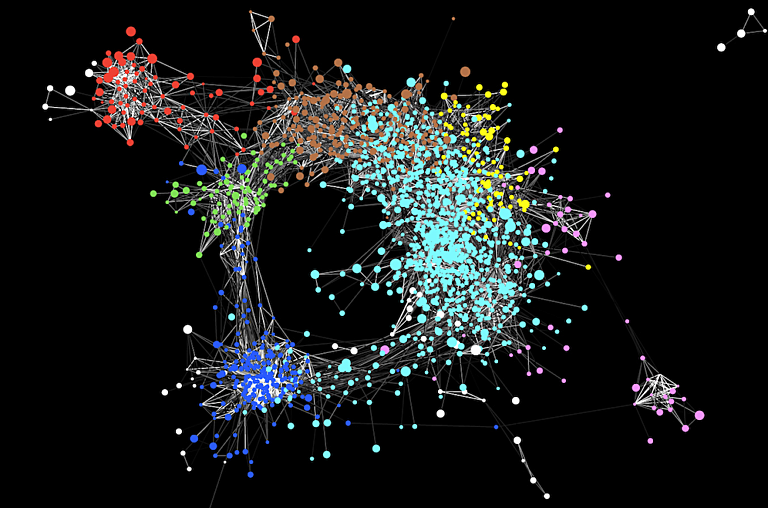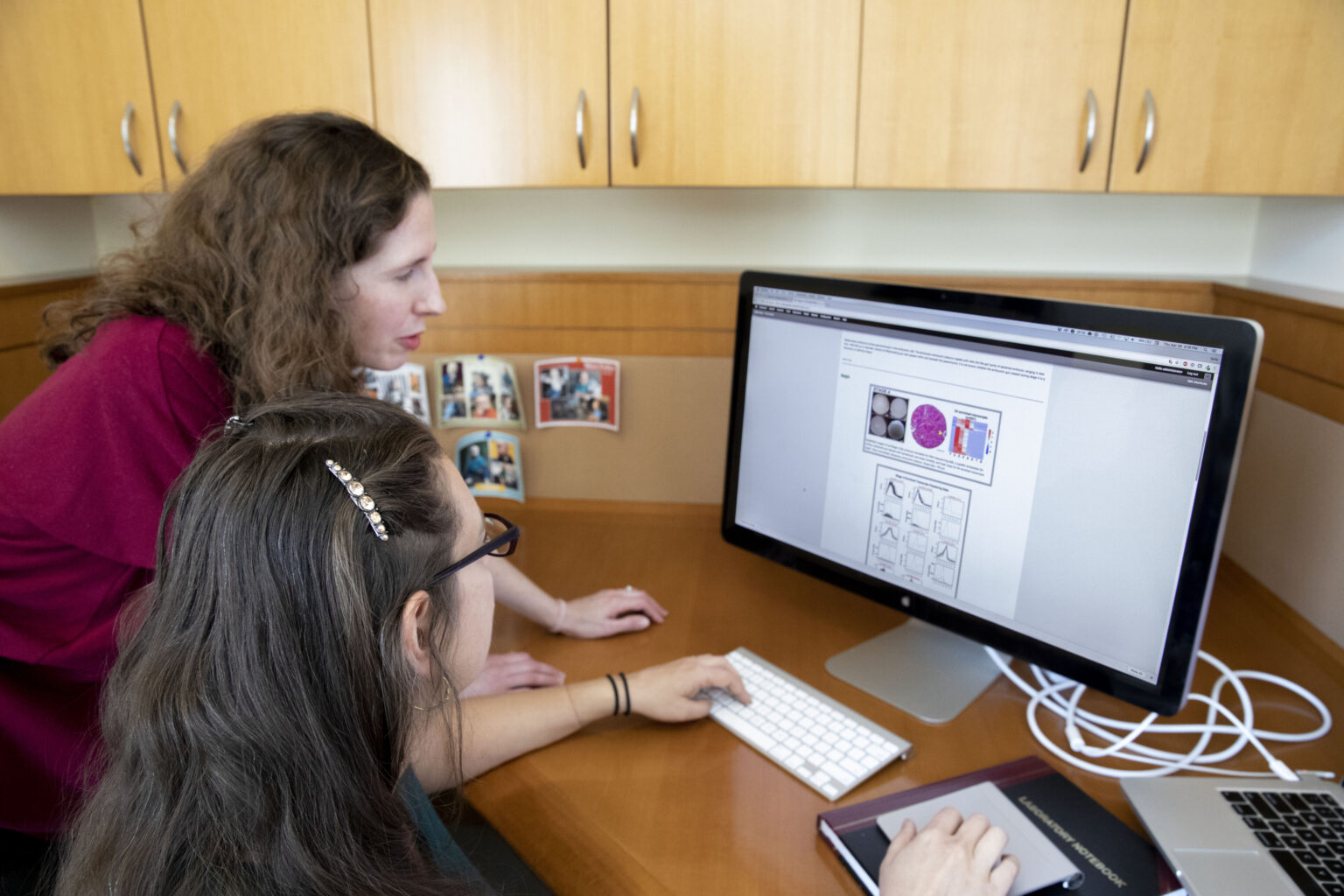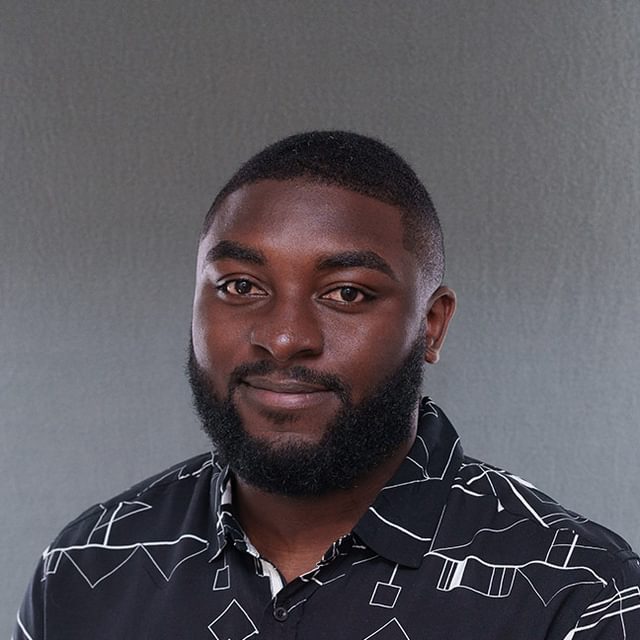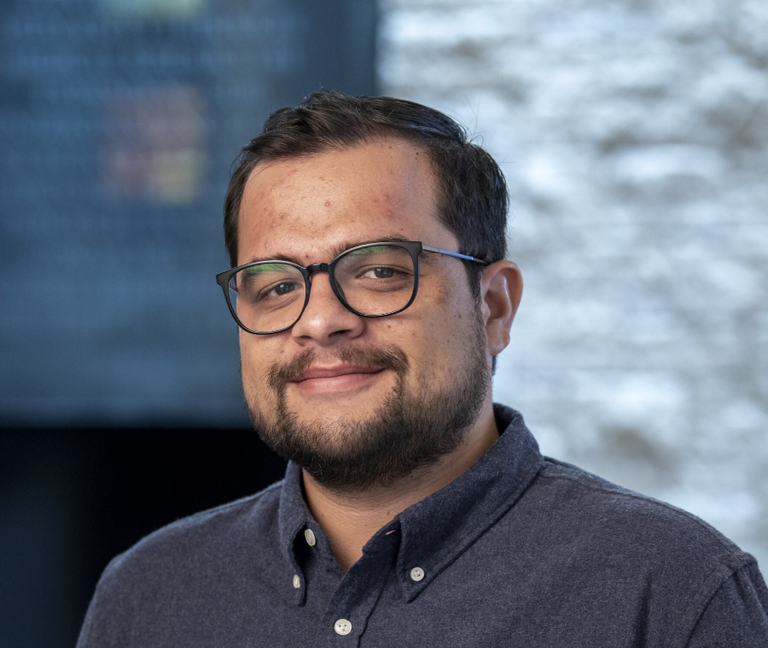Computational Biology Scholars
Stowers Computational Biology Scholars Program
The Stowers Computational Biology Scholars Program provides a valuable, career-enhancing research and mentoring opportunity for early-career computational biologists and bioinformaticians. At the Stowers Institute we value teamwork, collaboration, and creativity. Our science reflects the contributions of a wide array of individuals, technologies, and approaches that together produce innovative and impactful research. Computational Biology Scholars will be immersed in this environment within the context of a mentored and fully funded training program.

Train with our experts
A cohort of two or three Computational Biology Scholars will be immersed in the computational biology community at the Stowers Institute for 1 year with the possibility of full-time employment following the completion of the program. Stowers Computational Biology Scholars will receive mentorship and hands-on experience working alongside experts from Stowers technology centers while answering biological questions from a Stowers laboratory.
Key Dates
2024
Oct
01
Application open
2025
Feb
10
Application deadline
2025
Jun
02
Program begins
2026
May
29
Program ends
Applications are now closed
For information about the program and to express interest please contact compbioscholars@stowers.edu.
email usLearn more about the program
The objective of the Stowers Computational Biology Program is to provide a valuable, career-enhancing research and mentoring opportunity for early-career computational biologists and bioinformaticians.

Responsibilities
- Collaborate in an interdisciplinary environment to test biological hypotheses and analyze results using computational approaches
- Communicate with researchers and help them translate their research questions into questions that can be answered with data analysis and computation
- Write and present reports to collaborators describing analysis and results linked to code
- Participate in 1:1 mentorship meetings
- Participate in lab meetings, journal clubs, and other relevant seminars
- Stay updated with relevant scientific literature
Examples of projects
- Explore the regulatory landscape of cells using data on chromatin accessibility, transcription factor binding, mRNA stability profiles, ribosome profiling, or quantitative proteomics
- Identify cell types, tissue anatomy, and inter-cell type interactions using spatial transcriptomics
- Characterize gene functions and pathways, gene expression dynamics, and genetic regulatory networks using bulk and single-cell RNA-seq
Program eligibility requirements
- Bachelor’s degree or higher in computer science, bioinformatics, data science, or a related field, including a biology degree with experience in coding
- Basic ability to navigate and work on the Linux command line
- Some experience with data analysis and visualization using R and/or Python
- Basic ability to read existing code and make changes as needed
- Familiarity with statistics and inclination for quantitative reasoning
- Interest in biology and understanding of basic biological concepts
- Strong analytical and communication skills
- Good ability to work with others and meet deadlines
- Highly motivated to learn and work in an interdisciplinary environment
What you’ll need to apply
In order to complete the application, please submit the following:
- Completed the GradCAS application
- GradCAS biographical information (biographical information will not be shared with admissions committee)
- Personal statement
- Statement of research interests and experience
- Unofficial transcript(s) uploaded to the application (official transcripts from schools will only be requested after acceptance to the program)
- Two letters of recommendation to be sent through the GradCAS portal
- Requests must be made with enough time for the recommenders to submit their recommendation by the application deadline. Application will not be considered if the letters of recommendation are not received by the deadline.
The admissions committee, participants in the interviews, and other decision-makers do not have access to the demographic data collected through the application process.
Applications open Oct. 1, 2024. Apply below.
Compensation and benefits
The Stowers Institute offers a nationally competitive compensation and benefits package.
Ojong Tabi Besong
Computational Biology Scholar
Stowers Institute for Medical Research
Ojong Tabi Besong holds a master’s degree in bioinformatics from Boston University and has gained experience working on various scientific projects, including transcriptome profiling and RNA methylation studies. His background includes exposure to bioinformatics tools and data analysis, where he has contributed to team-based research initiatives aimed at advancing medical science. He joined the Stowers Computational Biology Scholars program to expand his understanding and mastery of bioinformatics and data-driven research, motivated by a strong interest in bridging biology and computational methods to support scientific discoveries in public health and beyond.

Alejandro Diaz de la Vega Gonzalez
Computational Biology Scholar
Stowers Institute for Medical Research
Alejandro Diaz de la Vega Gonzalez holds a bachelor's degree in biotechnology engineering and a master's in integrative biology. During his master's program, he specialized in computational biology, focusing on genome topology in Drosophila and the conservation of structures throughout evolution. He joined the Stowers Computational Biology Scholars program to deepen his expertise in computational biology and to stay at the forefront of scientific research. His passion for computational biology drives him to seek innovative solutions and collaborate with other researchers to advance the understanding of complex biological systems.

Contact us via email at compbioscholars@stowers.edu if you have questions or need additional information about the Computational Biology Scholars program.
You can also call 816.926.4400
Email us